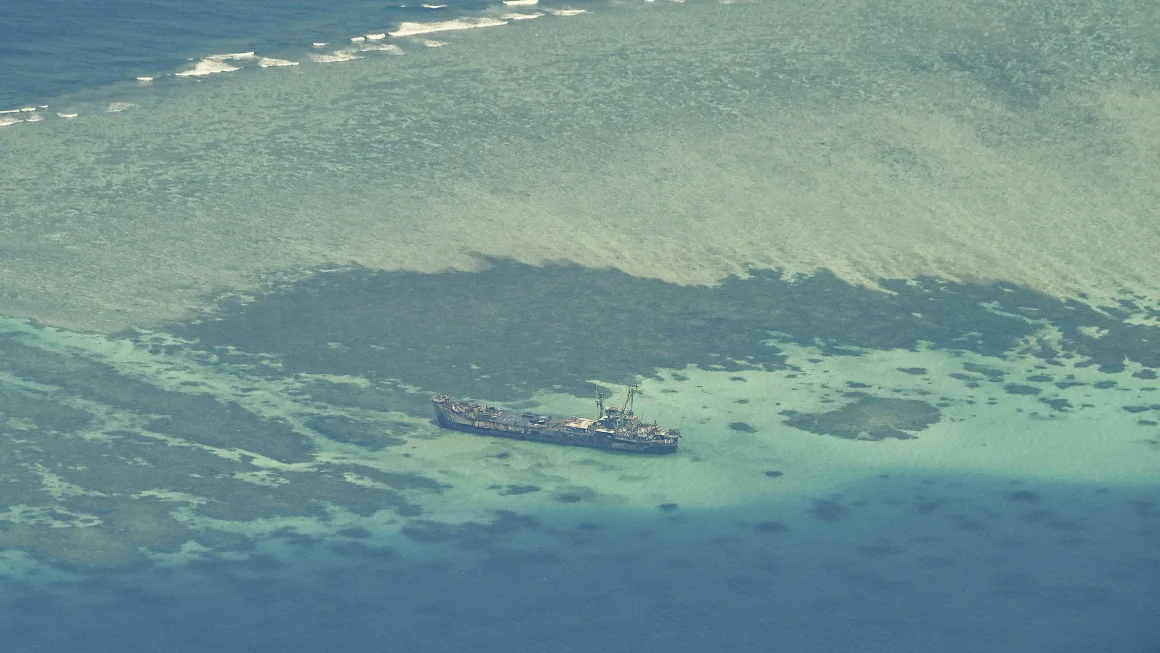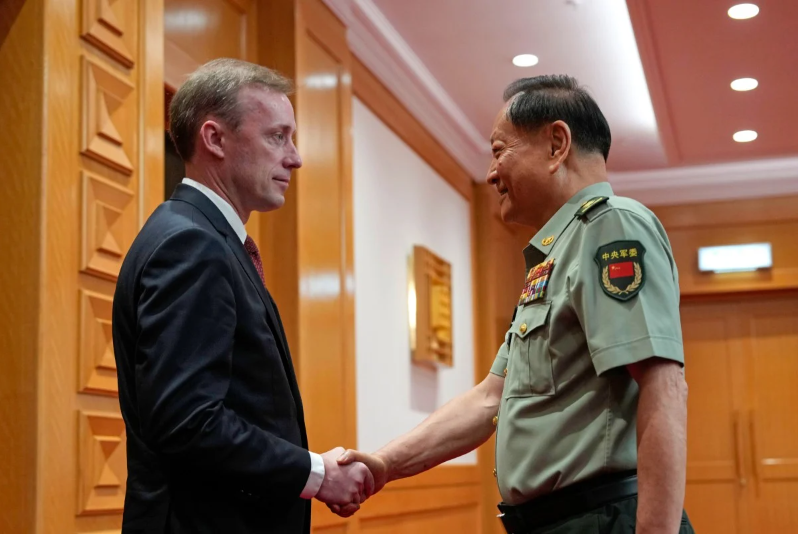Stephen Roach, Senior Fellow, Yale University
Sep 30, 2024
Other than a few glib remarks, surprisingly little was said about China at this month’s US presidential debate. Former President Donald Trump asserted that his proposed import tariffs would punish “China and all of the countries that have been ripping us off for years.” Vice President Kamala Harris, for her part, disparaged China’s pandemic response, stating that President Xi Jinping “was responsible for lacking and not giving us transparency about the origins of COVID.”
Diao Daming, Professor at School of International Studies and Deputy Director of Center for American Studies, Renmin University
Sep 30, 2024
When President Joe Biden announced he would not seek re-election, American politics suffered a seismic shock. The Democratic Party’s substitution of Vice President Kamala Harris to face former president Donald Trump upended the apple cart. While Biden had been slipping, Harris’s momentum has made the outcome too close to call.
Sun Chenghao, Fellow, Center for International Security and Strategy of Tsinghua University; Munich Young Leader 2025
Sep 30, 2024
If both sides maintain a rational and pragmatic understanding of each other and continue on a path of patient, stable communication — looking for opportunities to close seemingly impossible gaps — then a positive outcome is still in the game.
Zhang Wenzong, Associate Research Fellow, CICIR
Sep 27, 2024
It’s unlikely that conservatism will regain the influence it once had — during the Reagan era, for example. A pivotal issue is whether traditional mainstream conservatism could merge with populist conservatism and national conservatism, and then make a comeback.

Sebastian Contin Trillo-Figueroa, Geopolitics Analyst in EU-Asia Relations and AsiaGlobal Fellow, The University of Hong Kong
Sep 27, 2024
The Philippines sits at the crossroads of the Pacific and Southeast Asia, navigating its historical ties to the U.S. and proximity to China with extreme care and diplomatic acumen. As China seeks to grow its power this decade, the Philippines will surely play a major role in how things unfold.
Philip Cunningham, Independent Scholar
Sep 21, 2024
As U.S.-China relations face mounting tension and uncertainty, reflecting on the early days of cultural exchange in the 1980s reveals a simpler time of optimism, goodwill, and mutual curiosity. While today's challenges are formidable, the shared experiences of those who helped build these ties offer a reminder that, even in times of difficulty, there remains potential for collaboration and understanding.

Zhao Minghao, Professor, Institute of International Studies at Fudan University, and China Forum Expert
Sep 13, 2024
The recent visit to Beijing by Jake Sullivan, the U.S. national security adviser, revealed some new trends in the development of relations. Both sides wish to preserve stability against the backdrop of U.S. presidential elections and — to use a significant phrase — move forward.
Zhang Wenzong, Associate Research Fellow, CICIR
Sep 11, 2024
In the run-up to the 2024 election, we can see how domestic politics bring changes to U.S. foreign policy. Interest groups in crucial swing states will play an outsize role in U.S. policy formulation, and their influence will extend beyond their actual voting power.
Fu Suixin, Assistant Researcher at Institute of American Studies, Chinese Academy of Social Sciences
Sep 11, 2024
If Vice President Kamala Harris is elected president in November, she will confront a range of severe challenges, including extremism, a Congress likely to be controlled by Republicans, a debt-ridden government, the decline of U.S. power and ongoing international conflicts. Change won’t come easy.
Arvind Subramanian, Visiting lecturer at Harvard’s Kennedy School of Government
Sep 06, 2024
China’s trading partners are once again fretting about the country’s supposedly unfair economic practices. This time, the focus is on China’s alleged attempt to export its excess capacity, especially in emerging sectors such as electric vehicles (EVs), and to undermine domestic industries in the United States and Europe.